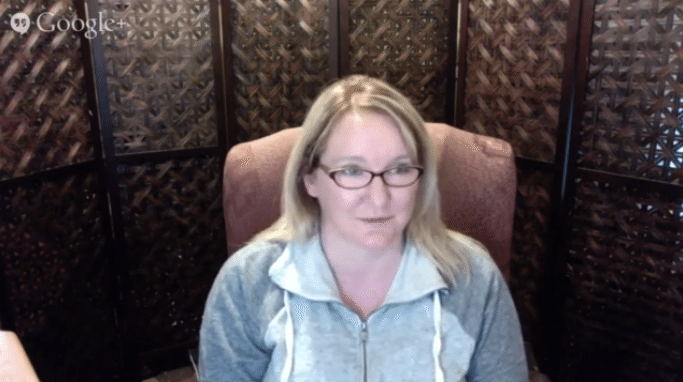What happens when you put 8 smart WordPress people in a virtual room and ask them to wax lyrical about the future of WordPress? WP Think Tank # 2!
The two-hour long panel featured amazing WordPress professionals engaging in meaningful dialogue about many of the issues that have been stirring in the WordPress ecosystem.
The panel kicked off by addressing some of the challenges that WordPress businesses encounter when scaling their products or services to enterprise-level clients. They went on to discuss the positioning of WordPress, and what the future will bring for WordPress.
To accompany the panel, there was a livechat where the audience conversed and posed questions to the panelists and each other. It’s still available for backread.
WordPress eCommerce
Lisa Sabin-Wilson from WebDevStudios identified meeting the eCommerce needs of corporate customers as one particular challenge with WordPress. Finding an eCommerce solution that meets corporate needs is something that has been heavily considered since Matt Mullenweg’s comments regarding an open-source eCommerce option.

While there are eCommerce options in the WordPress ecosystem, many of them are geared towards small to medium sized businesses. They don’t have the scalability required to deal with tens of thousands of constantly-changing products, Sabin-Wilson indicated.
As a solution, Alex King from Crowd Favorite suggested that the future of eCommerce for WordPress might be found through an integration with another platform that’s specifically geared towards eCommerce—like Magento, for example.
Customization of WordPress
Additional concerns regarding the scalability of WordPress surround its customization abilities. Tom Wilmot from Human Made pointed out that many of the enterprise-level sites are using the WordPress software, but aren’t using the plugins. This is because many WordPress plugins and themes don’t satisfy corporate demands. Thus, building customized features is the best option, Wilmot suggested.
King rationalized this,
WordPress is serving such a large segment of the web, there is no one-size-fits all.
Each website is different, and requires a unique set of built-in services. The flexibility that needs to be built into the system is really far beyond what WordPress attempts to do, said King. King went on to suggest that companies choose WordPress for philosophical reasons—whether that be because of the community or its open-source background.
Positioning WordPress
Over the years, WordPress has obtained its reputation as a blogging platform due to the increasing popularity of WordPress.com, Brian Clark of Copyblogger suggested. In order to broaden this reputation, WordPress needs to position itself as a content marketing, publishing platform that corporate companies use.

Additionally, WordPress has attracted many corporate companies through their philosophy of open source. Clark suggests that in order to go beyond the low hanging fruit (enterprise-level companies drawn to the open-source philosophy) we need a new approach. It’s not about open source versus proprietary, it’s about using what the publishers (such as The New York Times) use, suggested Clark.
This is how you get enterprise-level businesses interested in WordPress. You speak to them in a language that they can relate to. You sell them on its power, flexibility, and capability.
Big Boy Problems
The challenges discussed in the panel reflect the maturity of WordPress as a platform. How WordPress will scale to meet the needs of enterprise companies, and balance the competing objectives of its many stakeholders will determine the future of the World’s most popular CMS.
Did anyone watch WP Think Tank #2? What are your thoughts on these topics?
 Marie Dodson is an editorial assistant at Torque. She graduated from Cornell University with a degree in Biology and Society. She enjoys wine, good books, and travel.
Marie Dodson is an editorial assistant at Torque. She graduated from Cornell University with a degree in Biology and Society. She enjoys wine, good books, and travel.

1 Comment